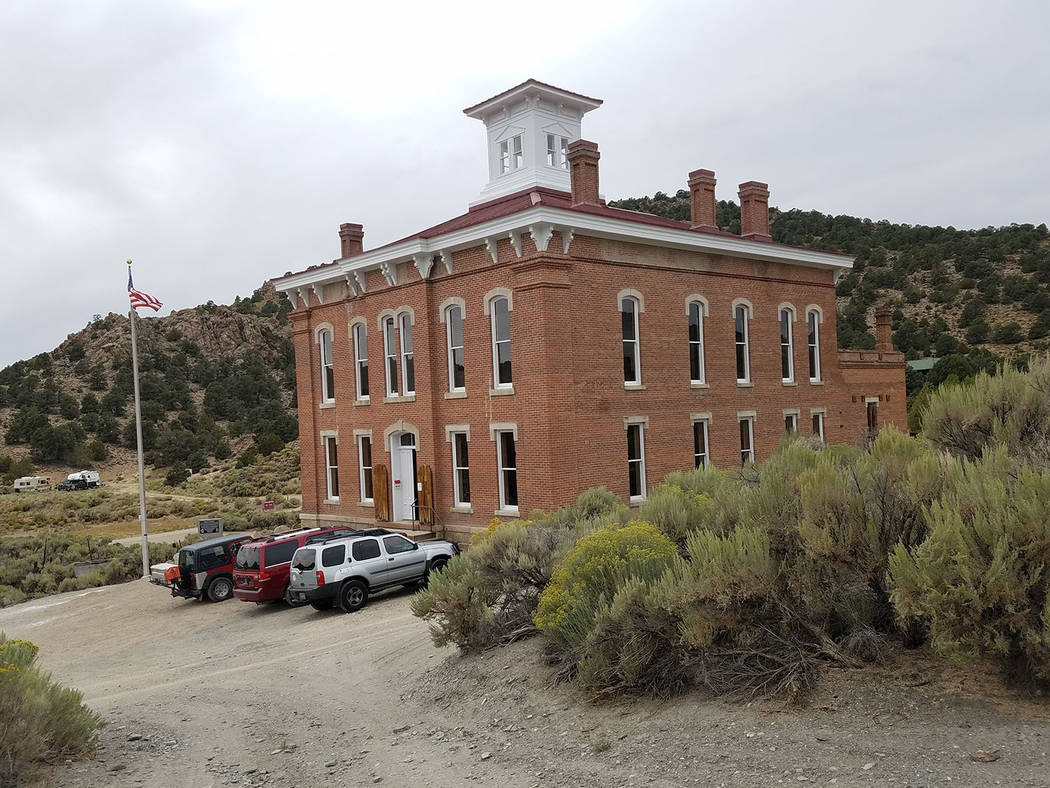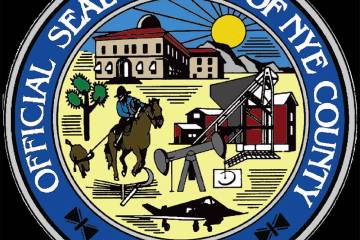Nevada officials heading to Belmont in response to water concerns
Water concerns are prompting Nevada state officials to visit the Nye County ghost town of Belmont.
The Nevada Division of Environmental Protection, the Division of Water Resources and the Division of Public and Behavioral Health plan to attend a Belmont town hall meeting on Oct. 21, at 10 a.m. at the Belmont Fire Hall.
Jennifer Carr, deputy administrator of the Nevada Division of Environmental Protection, said that in June, NDEP staff collected spring water samples and well water samples from nine volunteer homeowners in Belmont in response to a concern that was brought up by Belmont resident Neal Jones.
“Samples were analyzed for nitrates and bacteria, including E.coli, as indicators of potential impacts,” Carr said in an email. “Overall, we found nitrates to be relatively low; results were less than half the standard used for regulated drinking water systems. The bacteria results were more mixed.”
While most wells were free of bacteria, two well locations and the spring overflow pipe had bacteria present, Carr said. The cause of contamination, however, had not been determined to be from the community or wildlife.
Carr said follow-up sampling was conducted to provide guidance on disinfection of water wells and other advice for protection of public health.
Carr said during the meeting, each agency will speak to their general regulatory authorities in Belmont.
“The NDEP will also update residents on activities to date and groundwater quality data that has been collected,” Carr said. “NDEP will also discuss potential regulation of the spring as a public water supply.”
Background
Belmont’s spring has served a portion of the town for over 100 years, while the rest of the community has private domestic wells, Carr said.
The town’s wastewater, meanwhile, has always been handled throughout town using septic systems, she said.
“It is my understanding that toward the end of the drought, a number of residents chose to drill wells to augment their water supply,” Carr said. “Due to a number of factors, it is possible that there are wells that are too close to septic systems within town, but there is no proof that the new wells caused contamination.”
Jones, who has hired a consultant to write up a report outlining his concerns, alleged that the new residential wells that were drilled in Belmont are “illegal.” He also said a commercial business in Belmont does not have a legal well and its septic system “is completely substandard” and “may be creating a health hazard for the community.”
“Our main concern through all of this is protecting the health and safety of the community of Belmont and making sure that the waters do not become contaminated or degraded in any way,” Jones said.
The NDEP’s regulatory authority in Belmont is limited, Carr said.
“To our current knowledge, the spring does not serve enough people to be regulated as a public water system by NDEP. NDEP does not regulate water quality in private wells, or well location,” Carr said.
NDEP regulates commercial septic systems, such as for the Belmont saloon in town, and in that case the oversight has been delegated to Nye County under a Memorandum of Understanding, Carr said.
Contact reporter Daria Sokolova at dsokolova@pvtimes.com. On Twitter: @dariasokolova77

















